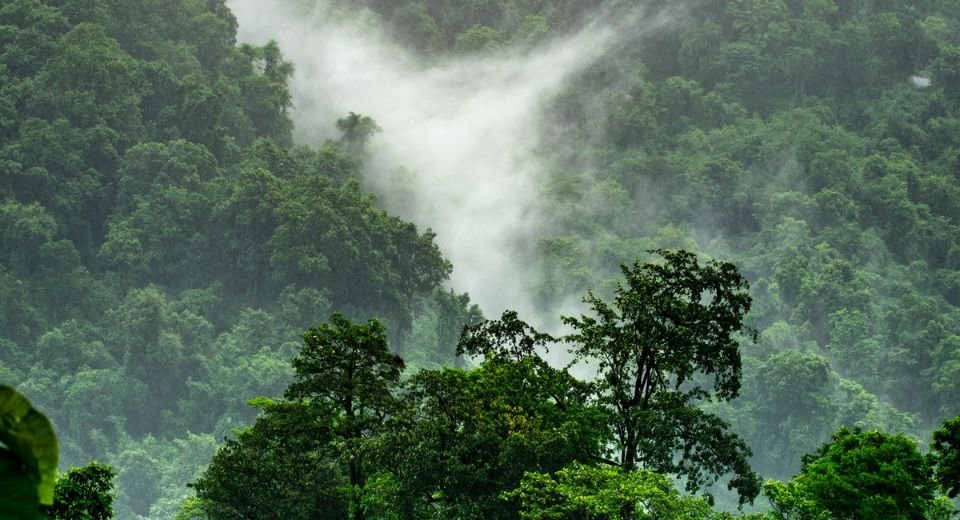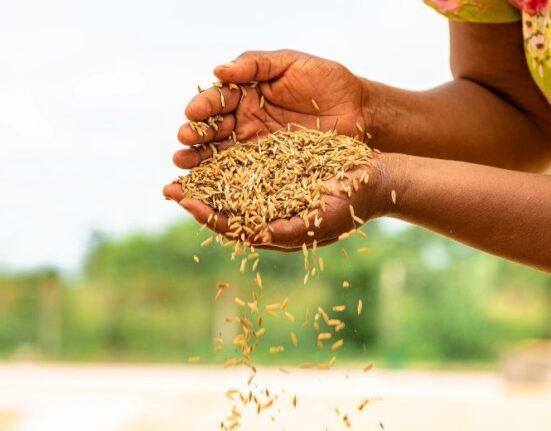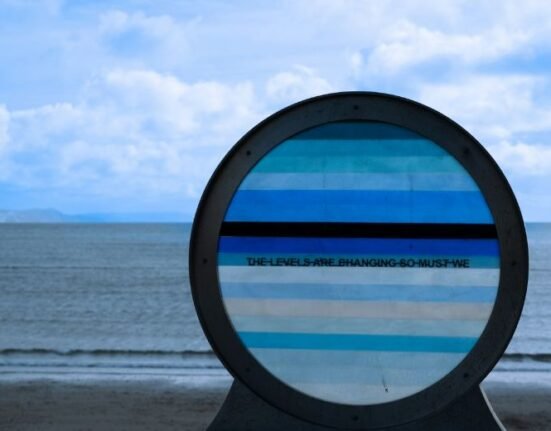HQ Team
May 10, 2024: There are many unauthorised roads in tropical forests than what is shown in official records. This has raised fears of unbridled environmental degradation in these forests.
Professor Josh Cinner, with colleagues from James Cook University, Australia, mapping road building in tropical areas, have found a number of undeclared roads that are raising fears of deforestation.
The team closely examined satellite pictures of 1.42 million kilometres of the islands of Borneo, Sumatra and New Guinea in South-East Asia. Professor Bill Laurence, a part of the research, said they discovered 3 to 6.6 times more roads in the areas studied than were shown in leading global-road datasets. This discovery aligns with earlier studies in other developing nations such as Cameroon and the Solomon Islands and from the Brazilian Amazon, the team found.
Environmental ills
Professor Cinner said roads serve important functions, but without effective planning and law enforcement, this can lead to environmental ills and societal challenges.
“Informally or illicitly constructed ‘ghost roads’ can be bulldozed tracks in logged forests, roads in palm-oil plantations and other roads missing from existing road datasets for various reasons,” he said.
“They’re being constructed by a range of people, including legal or illegal agriculturalists, miners, loggers, land grabbers, land speculators and drug traffickers.”
Professor Laurence said, “By sharply increasing access to formerly remote natural areas, unregulated road development is triggering dramatic increases in environmental disruption due to activities such as logging, mining and land-clearing.
“Across our study area, road building almost always preceded local forest loss, and road density was by far the strongest correlate of deforestation out of 38 potential biophysical and socioeconomic variables,” said Jayden Engert, a doctoral student at James Cook University and lead author of the study. “Worryingly, our new findings show that the extent and length of roads in our study area are severely underestimated, with many roads being out of government control. Nature is the big loser.”
The roadmap
The researchers said in another 25 years some 25 million kilometres of new paved roads are expected, all in developing nations, including many tropical and subtropical regions with exceptional biodiversity.
A positive from this research is that protected areas in the biodiverse study region, have a lot fewer roads and associated deforestation. Even after accounting for that protected areas are sometimes relegated to steep mountains and swamps, which are under less threat.
The world’s tropics lost 4.1 million hectares of forests, the equivalent of 11 soccer fields, every minute in 2022, according to the World Resources Institute. Unprotected public lands account for 25% of the total illegal road networks. A study by the Brazilian conservation nonprofit Imazon identified 3.46 million kilometers (2.15 million miles) of roads in the Amazon Basin. The researchers estimated that at least 86% of the extent of these roads is unofficial, “built by loggers, goldminers, and unauthorized land settlements from existing official roads.” The sprawling network of roads also means that 41% of the Amazon Rainforest is already cut by roads or lies within 10 km (6 mi) of one, according to Mongabay.
Deforestation and the construction of unauthorized roads in tropical forest regions result in loss of biodiversity, climate change, disrupt indigenous communities, soil erosion and can further fragment habitats, isolating populations and reducing genetic diversity
For a detailed view on the subject, here is a piece by Professor Bill Laurence in The Conversation.
The research is available in NatureTop of Form








